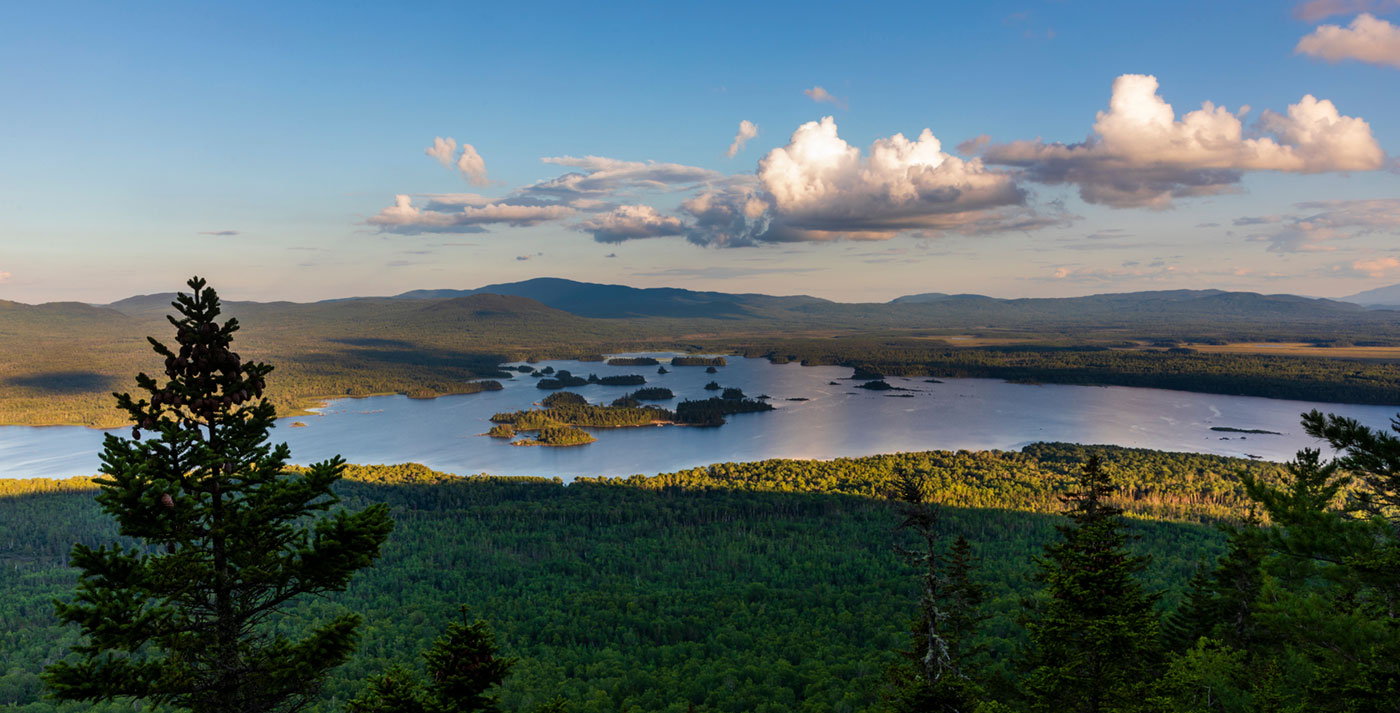You've got this right. Transmission line construction is the bane of the entire power industry, especially the renewable power industry, which often has generation in unpopulated areas. Transmission lines almost always have to be built over private or local government lands, and no one wants the ugliness (or the noise and environmental impact) visible or near them. The feds can use Eminent Domain powers to seize land, but that's politically hugely unpopular. There's a big fight about transmission line construction going on as we post in Maine:Mozartct, agree, US politics is impossible, for now. The focus has shifted to states.
Back to Texas: One of the ways Texas can screw this up is if they don't build more transmission lines and start making use of "curtailed" energy, which is wasted due to a deficit of transmission. This should be a no brainer, but, transmission projects take 6-10 years, longer than political will or memory.
Urgh so dumb, free power going to waste.

CMP Corridor Proposal: A Bad Deal for Maine
In April 2023, a Cumberland County jury ruled in CMP's favor during a court case that very likely will decide the future of the company's controversial transmission corridor. The decision was based on technical legal
And of course Maine says, "Not in my backyard!". In case you're wondering, the NRCM is a typical progressive environmental group that is a roadblock to any development, even development for the common good.

